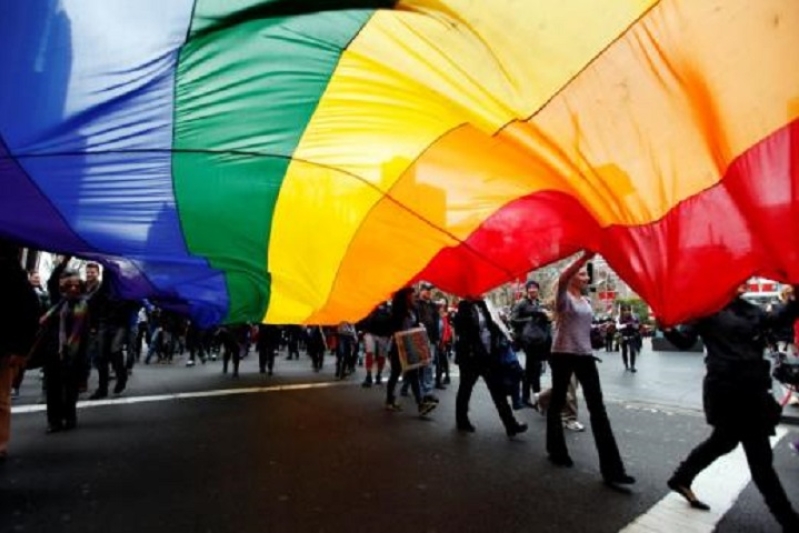
The editors of a publication that released a study regarding sexuality and gender are fighting back against the “lies and bullying” of a gay advocacy group that sharply criticized the results of the study.
Scientists from Johns Hopkins University School of Medicine’s Department of Psychiatry wrote a study called “Sexuality and Gender: Findings from the Biological, Psychological and Social Sciences,” which was published in the scholarly journal The New Atlantis in August.
Dr. Lawrence S. Mayer and Dr. Paul R. McHugh reviewed hundreds of literature concerning homosexuality and transgenderism. However, their findings did not sit well with gay rights groups, particularly the Human Rights Campaign, which labeled the study as “anti-trans” and “biased.”
“McHugh and Mayer take different tones in their efforts to marginalize the LGBTQ community,” HRC wrote on its website. “Hugh openly mocks transgender people, while Mayer couches his opinions in concern for ‘suffering’ LGBTQ youth and adults.”
One of the study’s key findings is that literature shows LGBTQ people showed “higher rates of depression, anxiety, substance abuse, and suicide compared to the general population.”
Addressing this statement, HRC said there is a lack of evidence to back up such claims. They also accused the authors of suggesting that LGBTQ people suffer from inherent psychological problems.
“The authors make much of elevated depression and suicide rates among LGBTQ people—a key issue for LGBTQ advocates—and acknowledge the substantial research showing that anti-LGBTQ stigma plays a crucial role,” HRC said.
On Oct. 10, editors for The New Atlantis published an article entitled “Lies and Bullying from the Human Rights Campaign” in a rebuttal of the organization’s accusations.
For HRC’s criticism of the key finding on mental health problems among LGBTQ people, for example, the editors said the study only tackled “well-established scientific literature” pointing to higher incidences of mental health problems in LGBTQ people.
The editors also addressed HRC’s accusation that the study “falsely implies that children are ‘encouraged to become transgender.’” The editors wrote that the study only mentioned there is no evidence showing “children who express gender-atypical thoughts or behavior should be encouraged to become transgender.”
The HRC also challenged Johns Hopkins University to disavow the published work of Mayer and McHugh and threatened to change its Health Equity ranking for the hospital and its affiliates if it does not do so. The New Atlantis editors called this tactic a “disturbing strategy.”
“The HRC’s claim that its efforts ‘pose no threat to academic freedom’ is nonsense; intimidation tactics of this sort undermine the atmosphere of free and open inquiry that universities are meant to foster,” the editors said.






